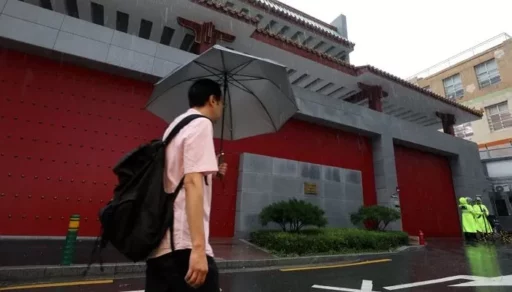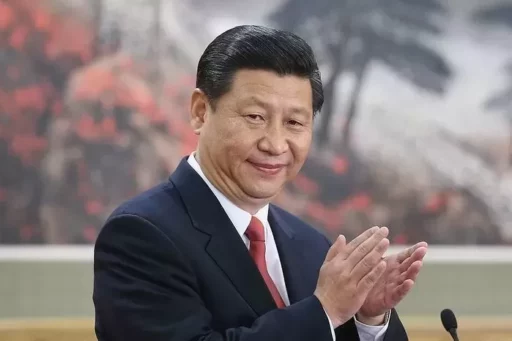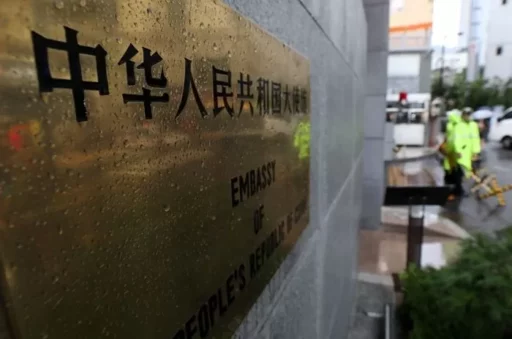The Chinese government has been confirmed to have purchased land near Itaewon in Yongsan District, Seoul, consisting of 11 plots totaling 4,162 square meters (approximately 1,256 pyeong) for approximately 30 billion won in December 2018.
This land is located about 1 kilometer away in a straight line from the Yongsan Presidential Office and the Hanam-dong Presidential Residence, raising concerns from a security perspective.

A government official from the Ministry of Foreign Affairs stated during a meeting with reporters on the 15th, "There are no separate consent or notification regulations when diplomatic missions in Korea purchase land." He also added, "We supported the acquisition tax exemption procedure for the Chinese Embassy in Korea in March 2019 in accordance with the Vienna Convention."
Article 23, paragraph 1 of the Vienna Convention stipulates that the sending state is exempted from all taxes and charges on the 'diplomatic premises' in the host country.

While the Chinese government has not disclosed the specific purpose for the land, it is highly likely that the land was explained as a public diplomatic area, considering the support received for the acquisition tax exemption.
Ownership of the plots is registered under the People's Republic of China, and it has been understood that no actual use has occurred up until now. It has also been confirmed that if a building is to be constructed on the land purchased by the diplomatic mission, consultation with the government regarding use and purpose is necessary.

In particular, this land is located approximately 1 kilometer away in a straight line from the former U.S. military base Camp Coiner, where the U.S. Embassy in Korea is expected to relocate. Additionally, it is just over 1 kilometer away in a straight line from the Yongsan Presidential Office and the Hanam-dong Presidential Residence, making it a sensitive area from a security standpoint.
However, the purchase of the land by China occurred during the Moon Jae-in administration, before the relocation of the Presidential Office to Yongsan.
Meanwhile, ongoing controversies persist regarding the fact that real estate transactions by Chinese individuals in Korea violate principles of reciprocity. While Chinese nationals are able to conduct more real estate transactions than citizens of other countries, Koreans are unable to purchase homes in China and can only rent. This is the first confirmed instance of the Chinese government directly purchasing land in Korea.
Image source: Seoul Myeongdong Chinese Embassy / News1, Xi Jinping, President of China / gettyimagesbank


